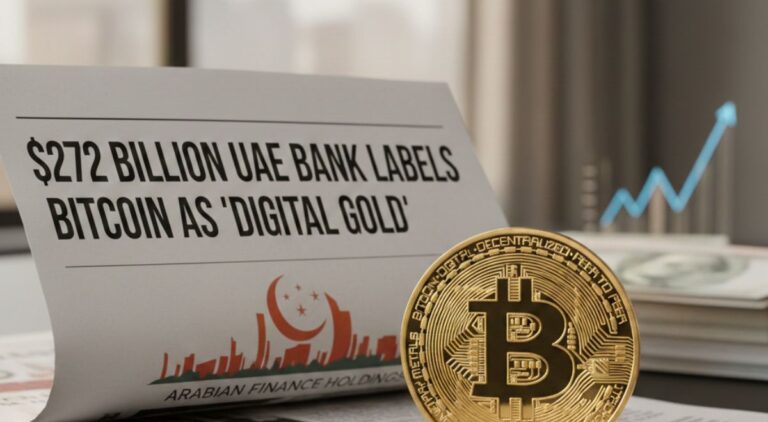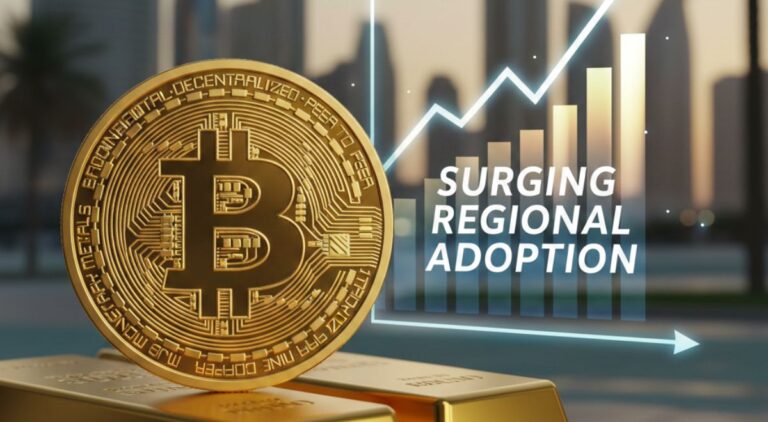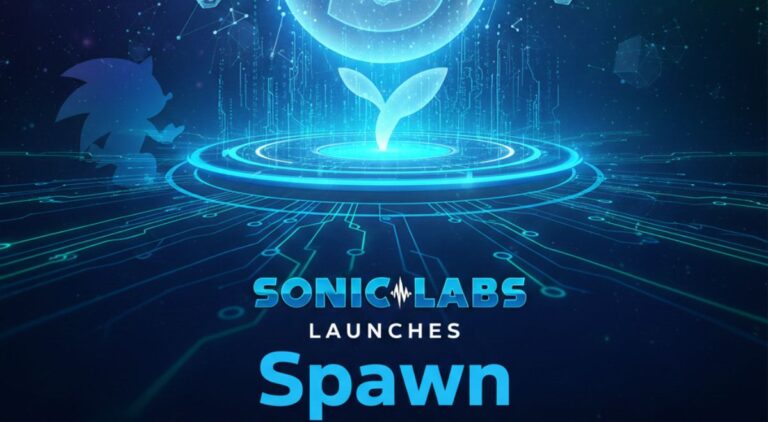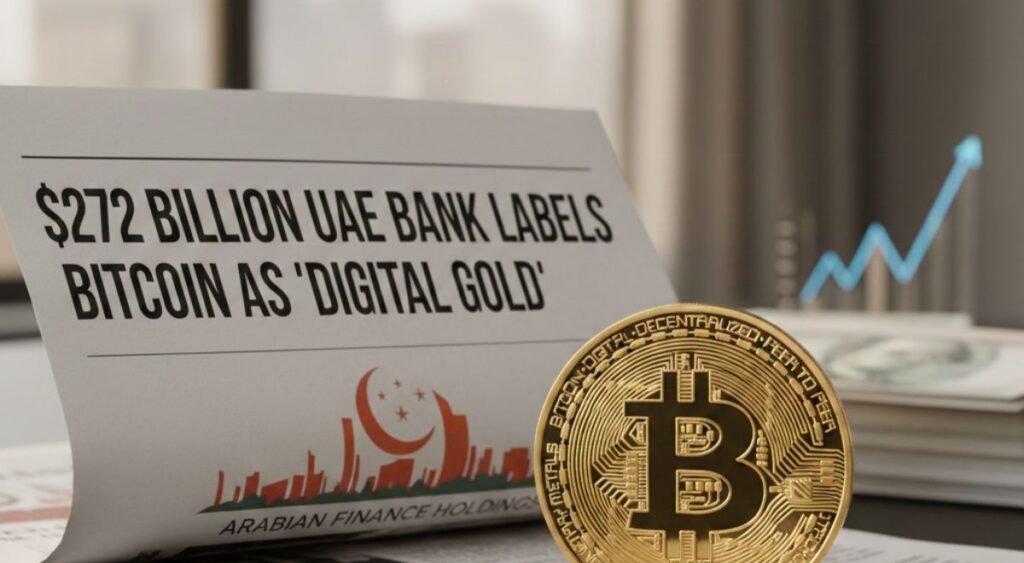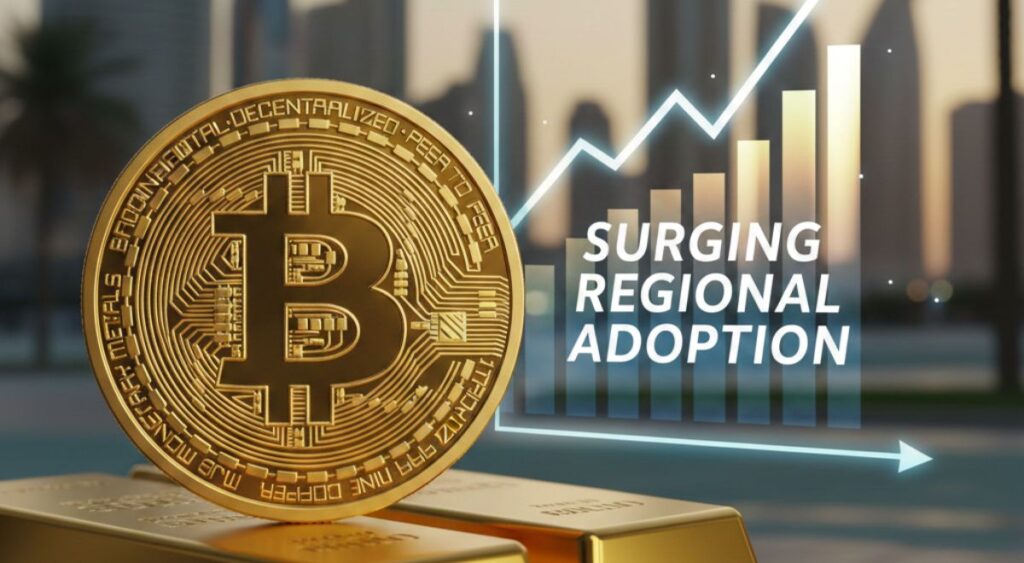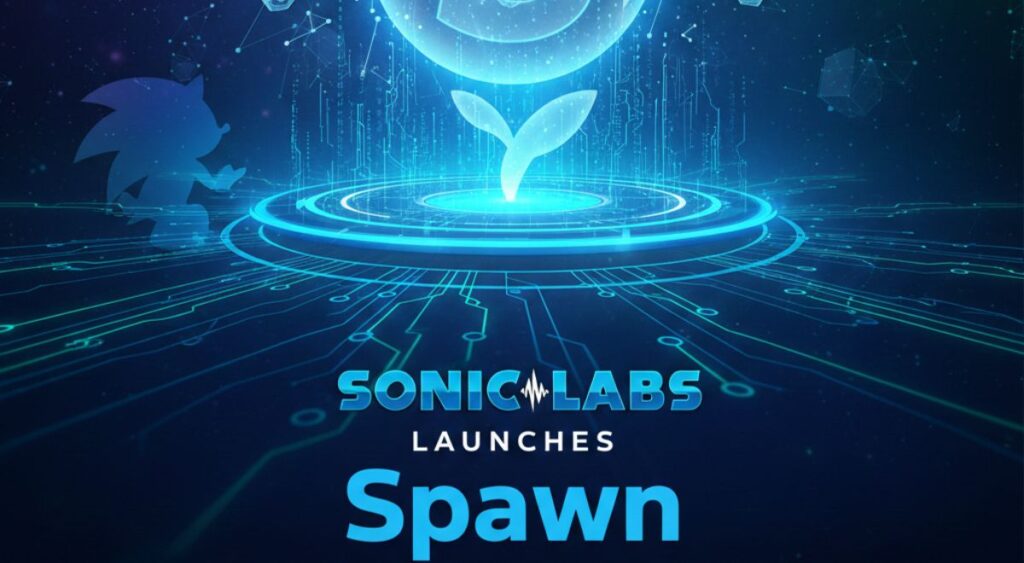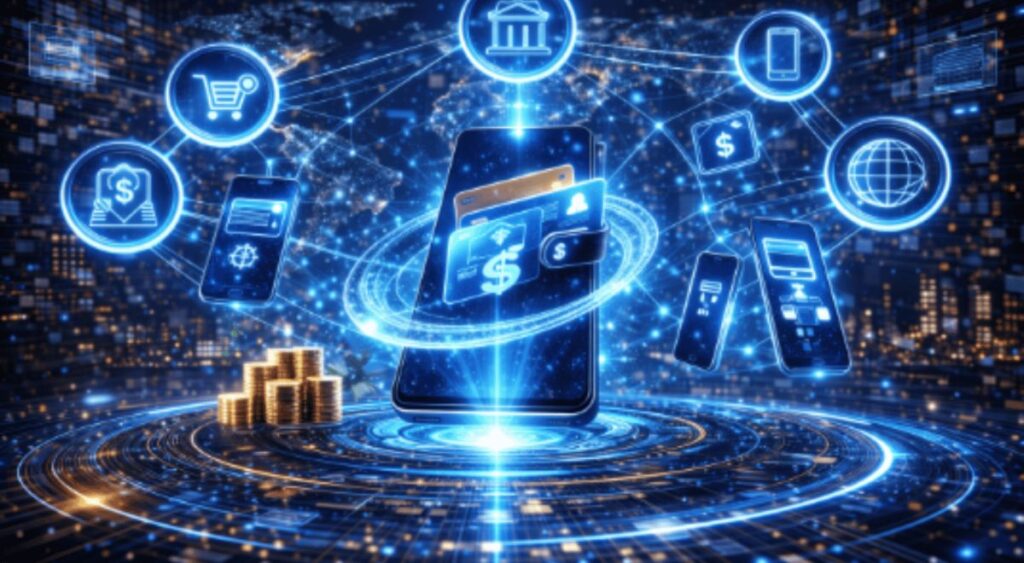In a digital age defined by innovation, the gaming industry is undergoing a seismic transformation—powered by non-fungible tokens (NFTs) and cryptocurrency. What was once a realm of rented digital goods and locked-in economies is now giving way to a new era where players have real ownership, economic freedom, and the opportunity to profit from their play. From decentralized marketplaces to play-to-earn ecosystems, NFTs are not just altering how games are played—they’re redefining the business of gaming itself.
Ownership Reimagined: From Players to Stakeholders
At the heart of this revolution is the concept of true digital ownership. NFTs enable players to buy, sell, and trade in-game items freely, breaking away from the traditional model where digital assets were locked to a platform or publisher. Whether it’s a unique skin, weapon, avatar, or land parcel in a virtual world, NFTs give players the legal and technical right to own these assets independently.
This shift does more than empower users—it cultivates deeper emotional investment. Players no longer feel like mere participants in a closed system; they become stakeholders in a living, evolving digital economy. And with that ownership comes the possibility of monetizing gameplay, further blurring the line between entertainment and income.
The Rise of Play-to-Earn: A New Economic Frontier
Fueling this movement is the play-to-earn (P2E) model, which allows gamers to generate real-world income through gameplay. Platforms built on blockchain reward players with tokens or NFTs that hold tangible value outside the game itself. For many, particularly in emerging economies, these ecosystems represent a new source of livelihood.
According to market projections, the gaming NFT sector is poised to grow at a compound annual growth rate (CAGR) of 24.8% through 2034—potentially reaching $44.1 billion globally. This momentum is driven by strong user engagement, especially among NFT owners who tend to invest more time, energy, and money into these ecosystems due to the financial incentives involved.
Technical Hurdles and Regulatory Realities
Despite the promise, integrating blockchain into mainstream gaming is far from frictionless. Challenges such as high gas fees, slow transaction times, and user complexity—like managing crypto wallets or understanding smart contracts—can hinder adoption. For traditional gamers accustomed to seamless interfaces, the learning curve can be steep.
Moreover, regulatory ambiguity remains a persistent concern. Many jurisdictions are still grappling with how to classify and oversee cryptocurrencies and NFTs, leaving both developers and users in a grey area. Legal uncertainties over digital asset ownership and taxation may deter large-scale investment and mainstream participation.
Ethical Dilemmas in the Decentralized Arena
Beyond the technical and legal obstacles lie important ethical questions. In NFT-based games, wealthier players often gain advantages by purchasing rare items, creating a potential imbalance. Without careful design, these systems risk reinforcing inequality rather than democratizing opportunity.
There’s also growing concern about addiction, exploitation of vulnerable users, and environmental impact. Some blockchain networks consume vast amounts of energy, raising alarms about the sustainability of these systems. Developers are increasingly urged to adopt greener technologies and establish transparent frameworks to safeguard users and the planet.
A Future Built on Ownership, Empowerment, and Equity
The convergence of NFTs and gaming is more than a trend—it’s a cultural and economic shift that could redefine digital life. By prioritizing user empowerment, community governance, and sustainable design, the industry has the potential to usher in a new era of decentralized interaction.
As developers, regulators, and players chart this evolving landscape, one thing is clear: the future of gaming goes far beyond play. It’s about owning, trading, and thriving in a digital economy where players have a stake in the worlds they inhabit.
In this new frontier, gaming is no longer just a pastime—it’s a platform for economic participation, digital identity, and global innovation.


